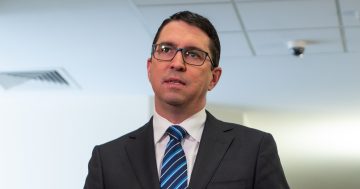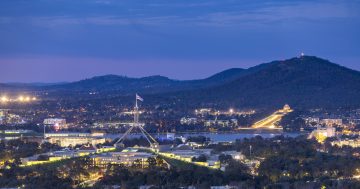 An inquiry into flexible workplaces in four State Public Services has found that despite the benefits flexibility delivers to employees, many public sector staff still have trouble accessing such arrangements.
An inquiry into flexible workplaces in four State Public Services has found that despite the benefits flexibility delivers to employees, many public sector staff still have trouble accessing such arrangements.
The report, produced by Sue Williamson and Meraiah Foley of the University of NSW Canberra and Linda Colley from Central Queensland University, surveyed staff in the NSW, Queensland, South Australian and Tasmanian public sectors, finding that some employees also experienced trouble progressing in their careers due to working flexibly.
The researchers said they had held conversations with almost 300 Public Service managers about how they enabled employees to work flexibly, when it worked, and why sometimes it did not.
“We found many leading practices, but also a need for more support and guidance,” the researchers said.
They said PS managers proved to be an innovative group.
“For example, when faced with a cyclical, regular increase in workload, some managers negotiated with their part-time staff to work full-time for the busiest periods of the year,” the researchers said.
“Team members were happy to do this within a relationship of reciprocity.”
They said they also heard a range of reasons why managers would like to refuse employee requests to work flexibly.
“Some were concerned that if they allowed one employee to work from home, they would be inundated with requests from other employees,” the researchers said.
“Many were concerned about managing a team of largely part-time employees, and the potential impact this might have on meeting deadlines, especially given that the manager often absorbed the urgent work.”
They said that without clear guidelines around these tricky scenarios, a handful of managers thought the whole thing was just too hard.
“Indeed, most managers expressed a need for more guidance around how to motivate and monitor employees working flexibly, particularly those working from home,” the researchers said.
The four Governments involved provided funds for the research, while the principal funder was the Australia and New Zealand School of Government.
The report is to be released tomorrow (1 August) and will be available on the UNSW’s Public Service Research Group’s website at this PS News link.











